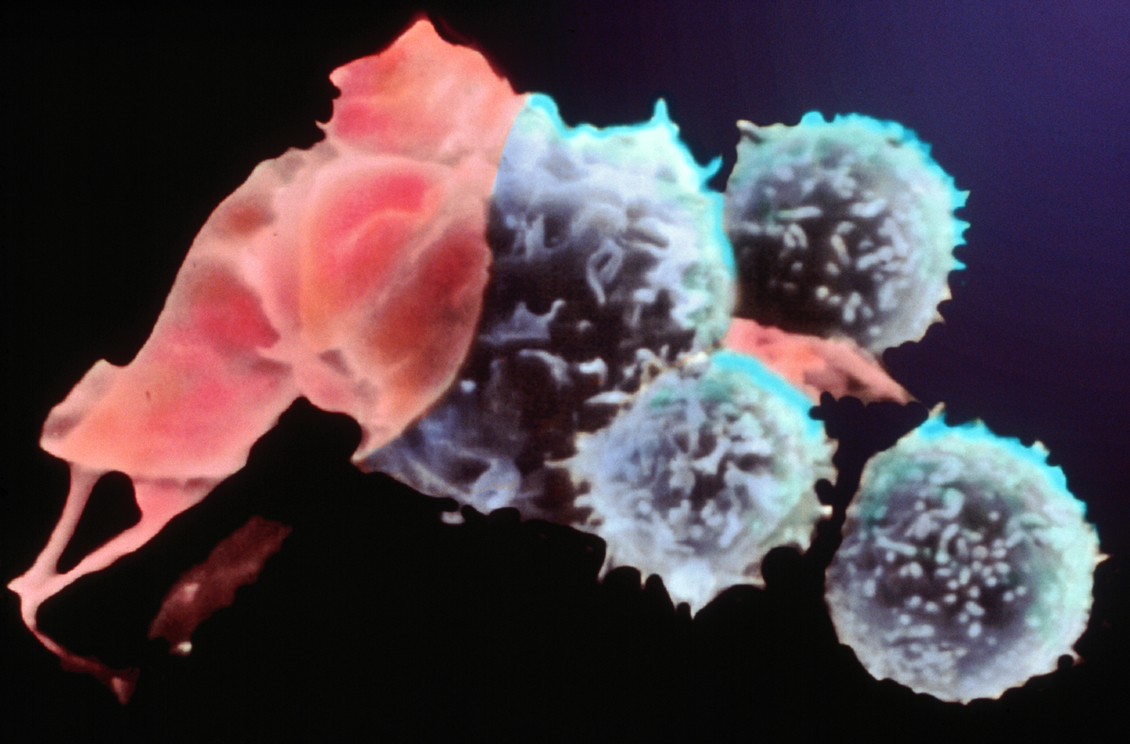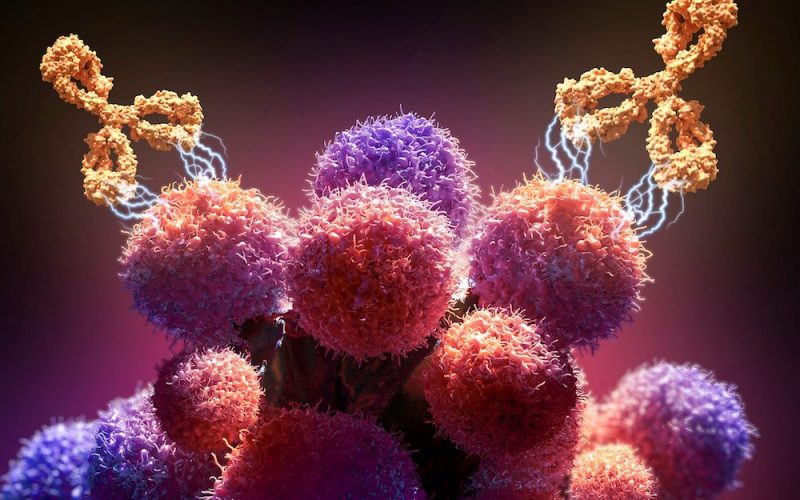As we step into 2024, the landscape of cancer treatment continues to evolve at an unprecedented pace. The relentless pursuit of innovative therapies, coupled with cutting-edge technologies and a deeper understanding of cancer biology, has ushered in a new era of hope and precision in oncology. This article delves into the latest advancements in cancer treatment in 2024, highlighting significant breakthroughs and emerging trends that are shaping the future of cancer care.
Precision Medicine: Tailoring Treatment to Individual Patients
One of the most remarkable advancements in cancer treatment in 2024 is the continued refinement and application of precision medicine. This approach involves tailoring treatment plans to the individual genetic makeup of each patient’s tumor, ensuring that therapies are more effective and less toxic. With the advent of next-generation sequencing technologies, oncologists can now identify specific genetic mutations and alterations driving a patient’s cancer, allowing for the selection of targeted therapies that attack these precise vulnerabilities.
In 2024, the integration of artificial intelligence (AI) and machine learning into precision medicine has further accelerated progress. AI algorithms can analyze vast datasets to predict which treatments are most likely to succeed for a particular patient, optimizing therapeutic outcomes and minimizing adverse effects. This synergy between human expertise and AI-driven insights is ushering in a new era of personalized cancer care.

Immunotherapy: Harnessing the Power of the Immune System
Immunotherapy has revolutionized cancer treatment over the past decade, and 2024 is no exception. This year, several novel immunotherapeutic approaches are making headlines. One of the most promising developments is the refinement of chimeric antigen receptor (CAR) T-cell therapy. CAR-T therapy involves genetically modifying a patient’s T-cells to recognize and attack cancer cells. In 2024, researchers have made significant strides in enhancing the efficacy and safety of CAR-T therapies, expanding their application to a broader range of cancers, including solid tumors.
Additionally, the concept of “off-the-shelf” CAR-T therapies is gaining traction. Unlike traditional CAR-T treatments, which require a patient’s own cells to be modified, off-the-shelf CAR-T therapies use pre-engineered cells that can be administered to multiple patients. This approach has the potential to reduce treatment costs and waiting times, making immunotherapy more accessible to a larger patient population.
Another exciting development in immunotherapy is the emergence of bispecific antibodies. These engineered proteins can simultaneously bind to cancer cells and immune cells, facilitating a more potent immune response against tumors. In 2024, several bispecific antibodies are undergoing clinical trials, showing promising results in various cancer types, including lymphoma and multiple myeloma.
Liquid Biopsies: Revolutionizing Early Detection and Monitoring
Early detection of cancer is crucial for successful treatment outcomes, and liquid biopsies are transforming the way we diagnose and monitor cancer in 2024. Liquid biopsies involve analyzing circulating tumor DNA (ctDNA) or other biomarkers in a patient’s blood, providing a non-invasive and real-time snapshot of the cancer’s genetic profile. This technology allows for earlier detection of cancer recurrence and monitoring of treatment response, enabling timely adjustments to therapy.
In 2024, advancements in liquid biopsy technology have significantly improved its sensitivity and specificity. Researchers are now able to detect ctDNA at extremely low concentrations, making it possible to identify cancer at its earliest stages. Moreover, liquid biopsies are being integrated into routine clinical practice, offering a less invasive alternative to traditional tissue biopsies and reducing the burden on patients.

Targeted Therapies: Expanding the Arsenal Against Cancer
Targeted therapies have become a cornerstone of modern oncology, and 2024 sees the introduction of several groundbreaking drugs that are expanding the arsenal against cancer. These therapies work by specifically targeting molecular pathways that drive cancer growth and progression, minimizing damage to healthy cells.
One notable advancement in 2024 is the development of next-generation tyrosine kinase inhibitors (TKIs). These drugs target specific enzymes involved in cancer cell signaling, effectively inhibiting tumor growth. New TKIs are being designed to overcome resistance mechanisms that often develop with earlier generations, providing more durable responses for patients with certain types of cancer, such as lung cancer and chronic myeloid leukemia.
Additionally, the concept of synthetic lethality is gaining traction in cancer treatment. Synthetic lethality occurs when the simultaneous disruption of two genes leads to cell death, whereas the disruption of either gene alone does not. Researchers are identifying synthetic lethal interactions in cancer cells and developing drugs that exploit these vulnerabilities. This approach holds promise for treating cancers with specific genetic mutations, such as BRCA-mutated breast and ovarian cancers.
Radiotherapy: Precision and Personalization
Radiotherapy remains a cornerstone of cancer treatment, and 2024 brings significant advancements in this field. One of the most notable developments is the integration of image-guided radiotherapy (IGRT) and adaptive radiotherapy. IGRT uses advanced imaging techniques to precisely target tumors, minimizing radiation exposure to healthy tissues. Adaptive radiotherapy takes this a step further by continuously monitoring and adjusting the treatment plan based on real-time changes in the tumor’s size and position.
Furthermore, proton therapy is gaining momentum as a highly precise form of radiotherapy. Proton therapy uses protons instead of traditional X-rays to deliver radiation to tumors. The unique physical properties of protons allow for more precise targeting of cancer cells, reducing damage to surrounding healthy tissues. In 2024, new proton therapy centers are being established worldwide, making this advanced treatment more accessible to patients.
Conclusion
The year 2024 marks a pivotal moment in the fight against cancer, with groundbreaking advancements across various treatment modalities. Precision medicine, immunotherapy, liquid biopsies, targeted therapies, and radiotherapy are all contributing to a more personalized and effective approach to cancer care. As researchers and clinicians continue to push the boundaries of science and technology, the future of cancer treatment looks increasingly promising. With each new discovery and innovation, we move closer to a world where cancer is not only treatable but ultimately curable.












